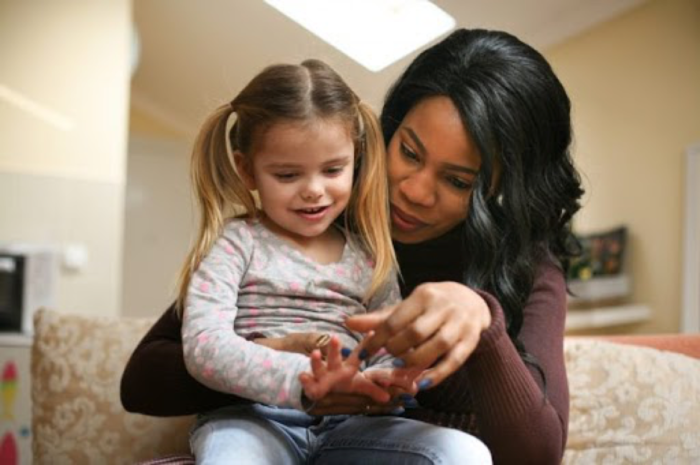Choosing an Alternative to an Au Pair
Image via AuPair.blog
COVID-19 has impacted everyone across the globe. Due to varied pandemic responses and the number of cases in each country, travel bans are affecting more than just vacations—people’s employment is also on the line and so is their childcare. For many years, families in the states have been utilizing au pairs, or young adults from overseas, who come to the United States on a two year long visa for the purpose of gaining valuable cultural experiences away from home. Au pairs typically provide childcare in exchange for a weekly stipend that is often much less than what local nannies receive.
Legislation Affecting Au Pair Entry Into the US
On June 22nd, the au pair program was suspended, limiting entry on the J-1 visa for what is likely to be the rest of the year. While there can be modifications to this order every 60 days, with the coronavirus still spreading throughout the US, there is no way of knowing how this situation may or may not change. Currently, au pairs who are already in the US are unaffected, but many families were relying on au pair care for the summer and fall months and now are scrambling to find the proper childcare. Due to the continued recommendation to stay home amidst the pandemic, many parents are struggling with balancing their home and work life while many are currently working from home.
Artificially Deflated Costs
Originally created with noble goals, the au pair programs were meant to increase mutual understanding between people of different countries through educational and cultural exchange. Under the U.S. State Department’s Au Pair program, most au pairs are live-ins who are partially working for their room and board, and as a result, typically only receive $195 to $250 as a stipend, which is much lower than minimum wage for the 40-45 hours they are often required to work. In fact, in early 2019, the Associated Press (AP) reported on an au pair lawsuit that revealed collusion and large-scale wage theft through the State Department’s J-1 visa program. More and more states are ruling that au pairs should have the same protections as domestic workers, meaning that more families will have to address the true costs of child care in the United States.
Alternatives to Au Pairs
As the situation with the coronavirus continues to change, one thing is constant—the need for childcare. As daycares slowly reopen, there is still a level of risk allowing your children to be around so many other individuals who may be asymptomatic, and with the J-1 visa restrictions, a local nanny is currently the best solution. Finding a nanny share can be the best of every world in terms of safety, socialization, and cost efficiency. Our SmartSitters come from diverse backgrounds and cultures, have many language skills, and are highly vetted to ensure your children’s safety and well being.
Have a question about a part-time nanny or a nanny share? Give us a call! If you’re looking for childcare help right now, fill out our family application to start the process of hiring a great SmartSitter to join your family. If you have any questions about finding the right nanny for you, contact us here!

